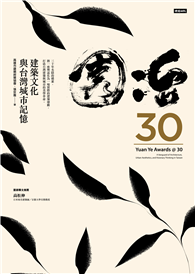A timely and updated second edition, this version of Crises and Popular Dissent moves on from a focus on the causes of populism to a wider analysis of the global struggle between liberal democracy and authoritarianism, including the continuing impact of populism. Within this epoch defining conflict, O’Donnell analyses related themes such as repression/liberty, identity-culture/social-political solidarity, climate change/immigration, the impact of digital revolution, and the late modern restructuring of power and wealth.
O’Donnell outlines contemporary crises in a global context, mainly in relation to Europe and the Americas and with recurrent reference to the Global South. Russia’s invasion of Ukraine in 2022, supported, but without major direct military engagement, by China, Iran, and North Korea, revives, in a different form, the ’cold war’ ideological and territorial conflict between Russia and ’the West’. Add the deeply disturbing humanitarian and democratic issues raised by the Israel-Hamas war, O’Donnell chronicles a liberal democracy in a state of crisis. Revitalising discussion around the ’contradiction’ in liberal democracy between free market capitalism and social inequality in the politico-cultural crises of the current century: various extra-parliamentary protest movements, of left and right are discussed. Drawing partly on democratic forms adopted by a variety of populist. and non-populist social movements, ’radical democracy’ is introduced as a way of reorienting the liberal progressive dynamic.
Centring around three broad political groupings - liberal, authoritarian, and social movements of protest - the chapters represent the different ideologies and political strategies at the core of the crises discussed. Exploring their origins, outcomes, and extrapolating their likely trajectories, O’Donnell also makes suggestions for institutional change and socio-political policy reform.












